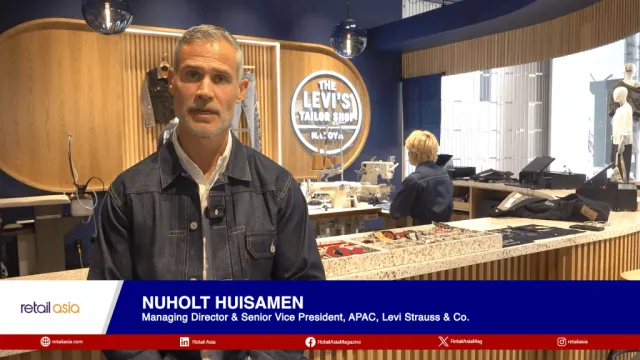
Brand Thailand beralih ke Influencer dalam membuat hype dan meningkatkan profit
Bisnis lokal berada di bawah tekanan untuk bersaing dengan Temu, Shein, dan TikTok Shop.
Lebih banyak peritel asal Thailand yang menghindari paid search dan iklan, dan lebih memilih influencer, pembuat konten, serta jaringan afiliasi untuk mempromosikan produk mereka, mendorong traffic, dan konversi, sambil mengurangi biaya dan meningkatkan margin keuntungan.
Apa yang disebut dengan affiliate commerce menawarkan saluran pertumbuhan alternatif bagi brand dan peritel, melengkapi pasar tradisional seperti Shopee dan Lazada, kata Thanawat Malabuppha, CEO shopping search engine Priceza kepada Retail Asia.
"Seiring masuknya pemain global seperti Temu, Shein, dan TikTok Shop ke pasar Thailand dengan diskon besar dan pengiriman bersubsidi, bisnis lokal berada di bawah tekanan untuk bersaing," kata Malabuppha, yang juga presiden Asosiasi E-commerce Thailand.
Pasar e-commerce Thailand diperkirakan akan mencapai $29,7 miliar (฿1 triliun) tahun ini, yang berkontribusi seperempat dari total penjualan ritel, katanya. Nilai barang kotor negara ini diperkirakan akan mencapai $57 miliar pada 2030, naik dari $6,3 miliar pada 2019.
"Brand-brand Thailand memiliki keunggulan dibandingkan pemain internasional karena pemilik brand lokal dapat membangun hubungan otentik dengan pemimpin opini kunci lebih mudah daripada perusahaan global," kata Malabuppha. "Kisah kewirausahaan sangat beresonansi dan membantu membangun hubungan yang berarti dengan key opinion leader.”
Sebagai tanggapan, peritel Thailand meluncurkan strategi pemasaran berbasis kinerja mereka sendiri untuk mengendalikan hubungan dengan shopper dan mengurangi biaya akuisisi.
Misalnya, 7-Eleven Thailand memperkenalkan program afiliasi 7-Eleven All Online, yang didukung oleh platform Shopfluence dari Priceza yang memungkinkan influencer lokal mempromosikan produk dan mendapatkan komisi.
Demikian pula, Lotus Online memperluas strategi pemasaran afiliasinya dengan fokus pada penjualan aplikasi mobile daripada pasar pihak ketiga.
Brand-brand lain seperti Banana (Com7) dan Coway juga menggunakan pemasaran afiliasi untuk meningkatkan visibilitas brand dan basis pelanggan mereka.
Namun, banyak brand Thailand kesulitan menemukan afiliasi berkualitas, mengukur kinerja, dan mengendalikan harga. "Solusinya adalah membangun hubungan yang kuat dengan influencer niche, mikro-pembuat konten, dan platform konten yang sesuai dengan audiens target brand," kata Malabuppha.
Melacak konversi dan mengelola pembayaran komisi juga tetap menjadi tantangan. "Platform manajemen afiliasi yang kuat seperti Shopfluence sangat penting untuk melacak konversi, komisi, dan mengoptimalkan kinerja secara real-time," kata Malabuppha.
Adopsi pemasaran afiliasi yang lambat adalah tantangan lainnya. "Banyak brand Thailand yang baru mengenal pemasaran afiliasi dan sering kali memerlukan waktu lama untuk meluncurkan program mereka. Mulailah dengan kampanye percontohan, uji berbagai strategi, dan kembangkan berdasarkan wawasan yang didorong oleh data," tambahnya.
CEO tersebut mengatakan bahwa lanskap perdagangan afiliasi Thailand akan mengalami perubahan signifikan dalam tiga tahun ke depan seiring dengan adopsi yang lebih luas terhadap AI, social commerce, dan pemasaran berbasis data.
"Seiring berkurangnya penggunaan cookie pihak ketiga, merek akan memanfaatkan data konsumen pihak pertama untuk meningkatkan efektivitas pemasaran afiliasi," kata Malabuppha. "Lebih banyak bisnis akan membangun program afiliasi langsung untuk mengurangi ketergantungan pada pasar besar."
Teknologi blockchain juga diperkirakan akan meningkatkan transparansi dan mengotomatiskan pembayaran komisi.
"Smart contract dapat mengotomatiskan pembayaran komisi, mengurangi penipuan dan sengketa," katanya.
"Perdagangan afiliasi di Thailand masih dalam tahap awal, tetapi dalam tiga tahun ke depan akan melihat pertumbuhan eksponensial, didorong oleh inovasi teknologi, keterlibatan influencer yang meningkat, dan brand yang mengambil kendali lebih besar atas program afiliasi mereka," kata Malabuppha.
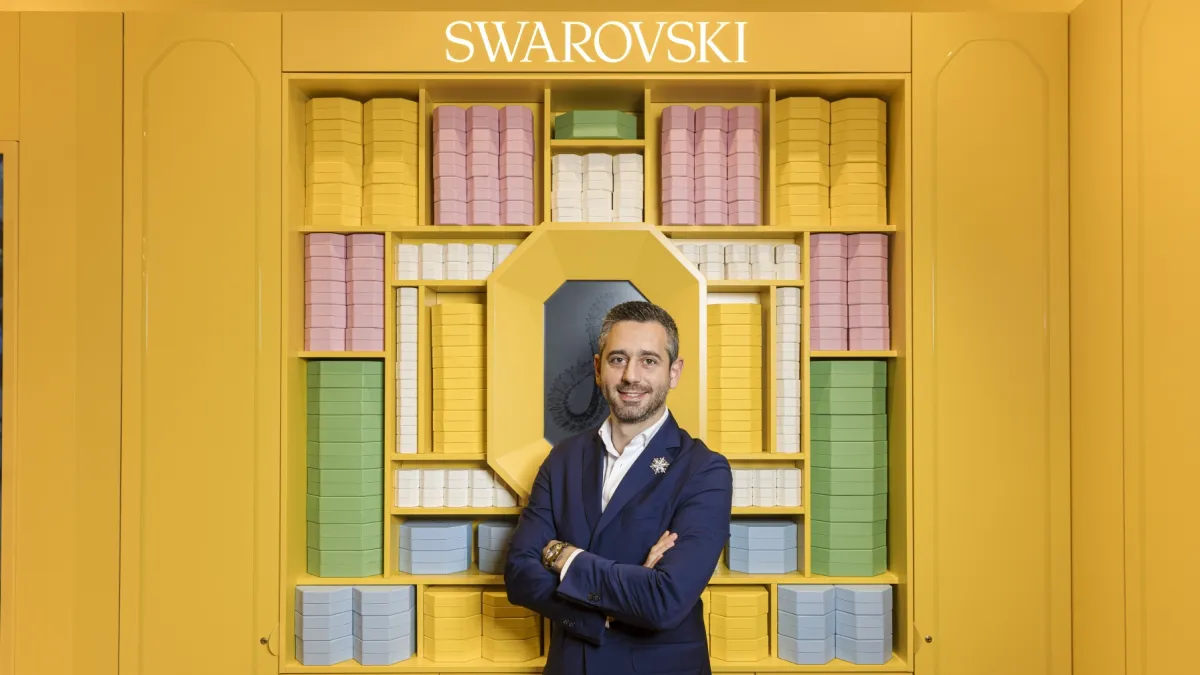


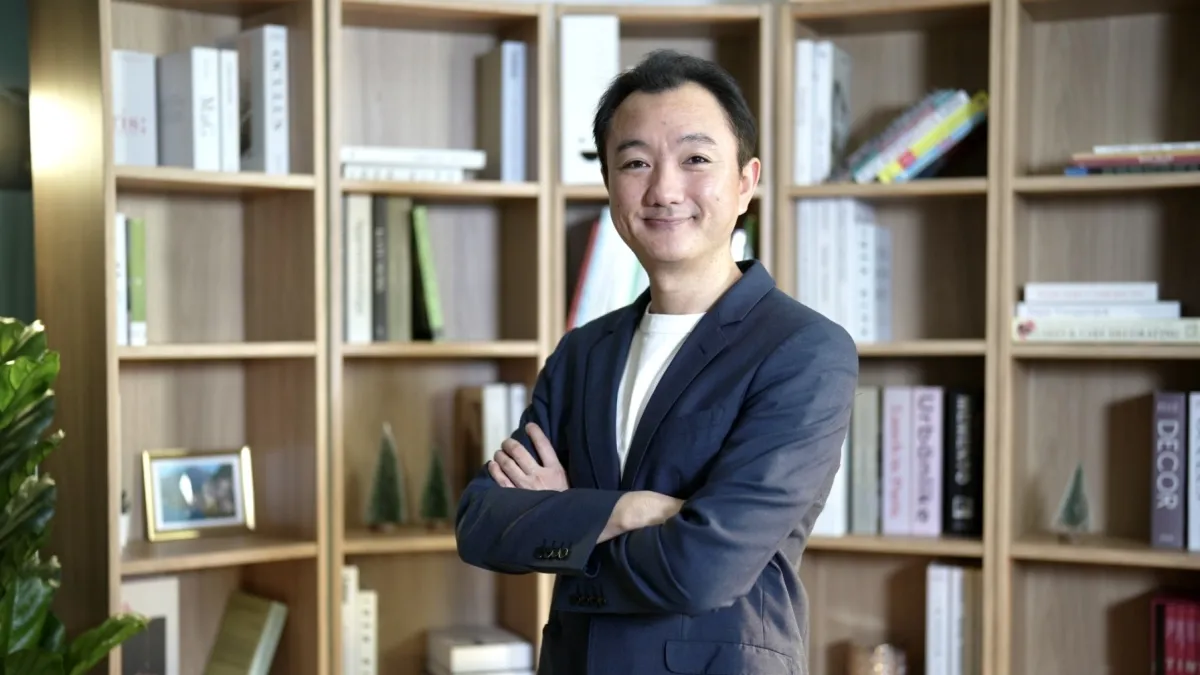
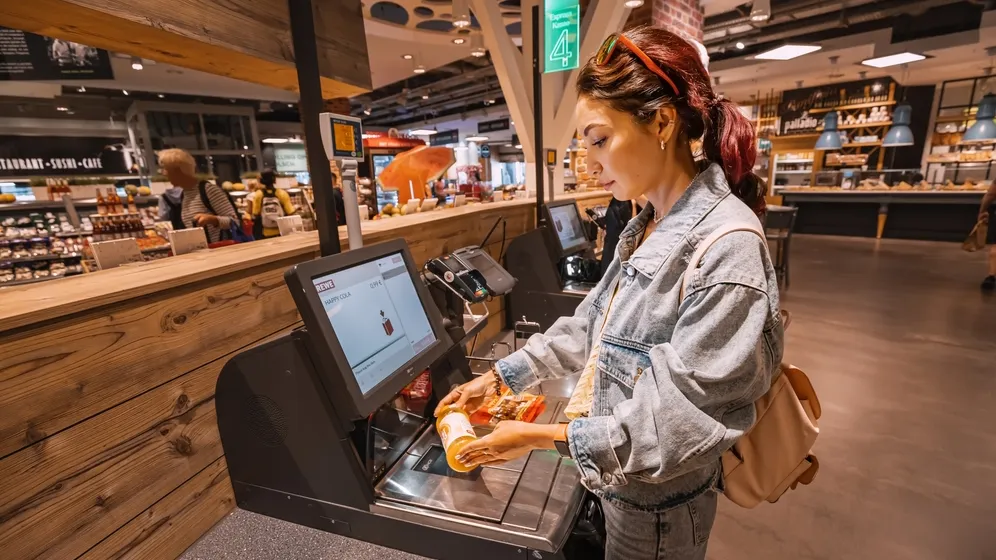

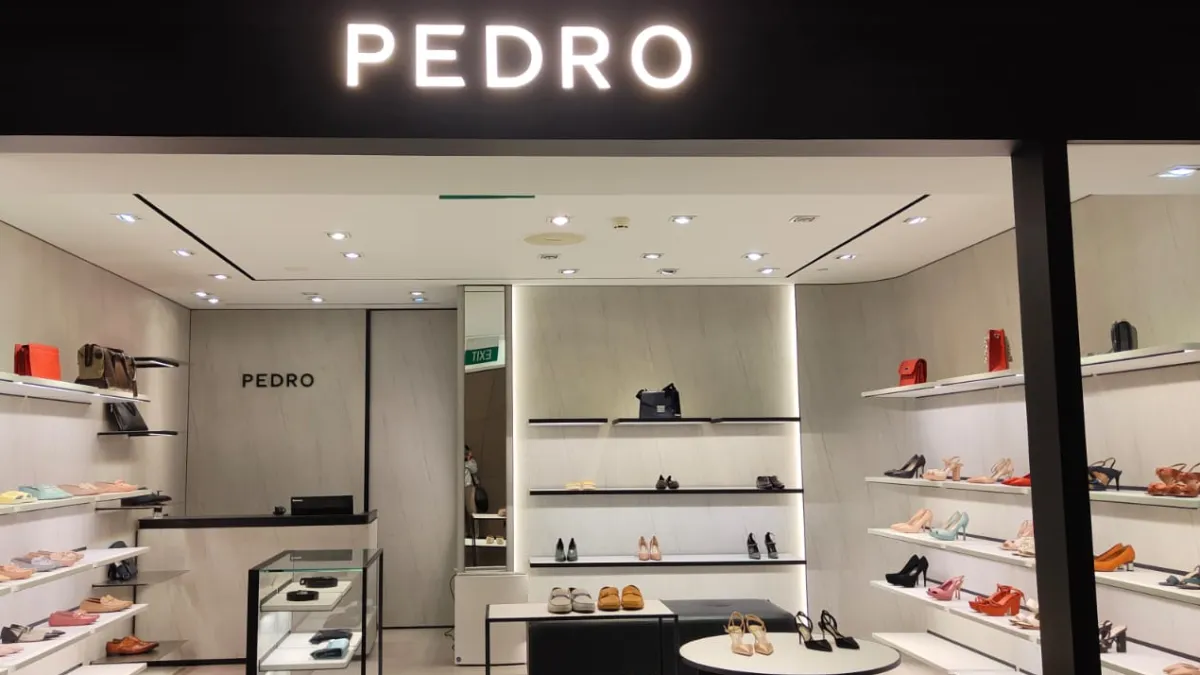




 Advertise
Advertise





